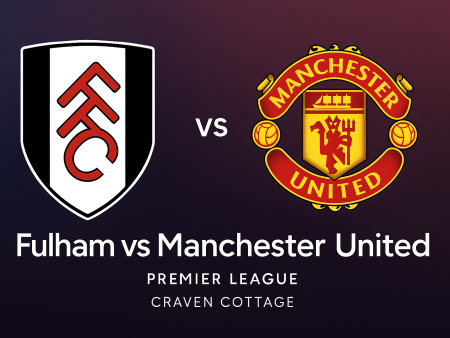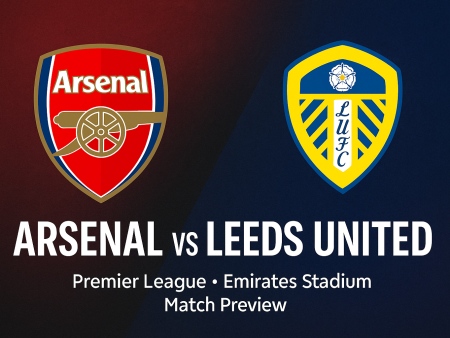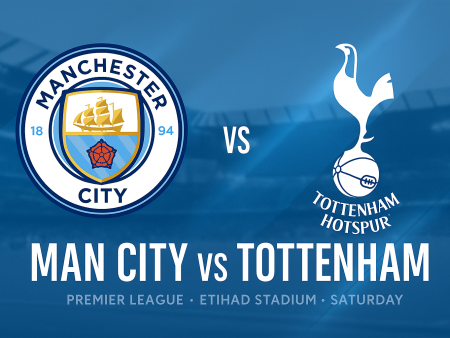The Challenge of Homophobia in Professional Football
In October 2021, Australian footballer Josh Cavallo made headlines by publicly coming out as gay, becoming the first openly gay active male professional footballer since Robbie Rogers in 2013. After Rogers retired in 2017, men’s football experienced a four-year period where no active players publicly identified as LGBTQ+. Cavallo’s courageous decision opened the doors for others, including 17-year-old Blackpool player Jake Daniels, who came out in May 2022. Despite these breakthroughs, the overwhelming majority of LGBTQ+ players in the football community remain private about their sexuality, highlighting a lingering reluctance to come out on such a visible platform.
Understanding the Reluctance: Barriers to Coming Out
The question remains: why do so few male footballers feel safe enough to come out during their playing careers? A mix of factors contributes to this silence:
– Fear of homophobic abuse from fans and the public
– Concerns about acceptance within teams and locker-room environments
– Anxiety about jeopardizing contracts, endorsements, or career prospects
– Pressure from deeply rooted stereotypes around masculinity in sport
Both Cavallo and Daniels have stated that by sharing their stories, they hope to signal acceptance and support to others who may be struggling with their own identities, encouraging a more inclusive environment in the sport.
LGBTQ+ Inclusion in Women’s Football: A Stark Contrast
Unlike the men’s game, women’s football boasts a significant number of openly LGBTQ+ players, including high-profile stars such as Vivianne Miedema, Marta, Megan Rapinoe, Rachel Daly, Pernille Harder, Magdalena Eriksson, and Sam Kerr. While homophobia and discrimination still exist, women’s football environments often foster more supportive communities, making players feel safer about living openly.
This difference suggests that visible LGBTQ+ role models create an atmosphere where others feel empowered to follow suit. If more leading male footballers came out, the culture around homophobia in men’s football could change and encourage more openness throughout the sport.
The Reality for Many: Waiting Until Retirement
Many LGBTQ+ footballers restrict self-disclosure until after their careers end. Former Botafogo player Douglas Braga left the sport at age 21, telling the BBC he simply could not be open while still involved in football. German international Thomas Hitzlsperger also came out post-retirement in 2014, believing then that the sport was moving towards greater inclusion. However, it took another seven years before a male pro footballer felt safe enough to come out during their career, suggesting progress remains slow.
Ongoing Homophobia: Institutional and Cultural Barriers
The slow rate of change can be traced to ongoing incidents reflecting institutional and cultural resistance:
– Premier League fans have repeatedly been banned for homophobic chants.
– UEFA investigated German goalkeeper Manuel Neuer for wearing a rainbow armband in support of LGBTQ+ inclusion.
– Spanish referee Jesús Tomillero faced death threats and required police protection after coming out in 2016.
– Paris Saint-Germain’s Idrissa Gueye made headlines by declining to wear a jersey featuring a rainbow motif, which was designed to support anti-homophobia causes.
Such incidents show that reluctance to accept LGBTQ+ footballers is not limited to fans; it permeates clubs, governing bodies, and broader societal attitudes toward masculinity and femininity in sport.
Looking Forward: How Football Can Foster Real Inclusion
The bravery of players like Cavallo and Daniels paves the way for others, but real, widespread change requires a shift in football culture at every level. Only when the entire community—including clubs, supporters, and leaders at governing organizations—actively fosters an environment of acceptance will LGBTQ+ players feel truly safe to live openly, both on and off the pitch.
The hope is that as more athletes find the confidence and safety to be themselves, others will follow, eventually breaking down the remaining barriers and building a football landscape that welcomes everyone, regardless of sexual orientation or gender identity.
About the Author
Rhys Desmond
Football Analyst and CEO
Rhys Desmond is the founder of TheMastermindSite.com, a premier tactics and analysis platform for football enthusiasts and professionals. Since 2016, he has combined his expertise in writing, coaching, and performance analysis to deliver in-depth content and mentorship to the football community.
Desmond’s background includes teaching coaching and leadership at Western University, serving as Technical Director for a youth football club, and working alongside both current and former professional players to improve their game insights and performance. He has received advanced training in performance analysis, scouting, and coaching from institutions such as MBP, PFSA, OS, CSA, and HighFive.
Rhys continues to support the next generation of football professionals by offering one-on-one coaching, analysis, and feedback, making high-level insights accessible even to those clubs that lack the budget for full-time analysts.
If you are interested in furthering your football knowledge or connecting for mentorship, please visit TheMastermindSite.com for more information.







